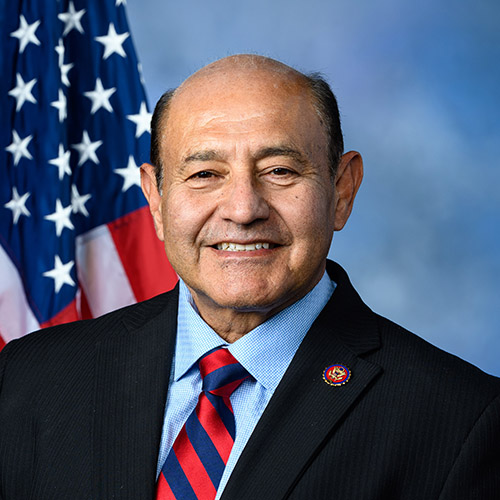- 14 3402-5578
- Rua Hygino Muzy Filho, 737, MARÍLIA - SP
- contato@latinoobservatory.org
 Fonte: This United States Congress
Fonte: This United States Congress
The resolution proposed by Democratic Rep. Lou Correa to recognize August as Chicano/Chicana Heritage Month in the United States seeks to highlight and celebrate the historical and cultural importance of Mexican Americans, who represent the majority of Latin Americans in the country. This initiative comes as an effort to put Mexican-Americans at the forefront, leading up to Hispanic Heritage Month, with the goal of recognizing their unique struggles and contributions to society. More than 60 members of Congress sponsored the resolution, according to NBC News.
“Correa, a Democrat, sees nothing wrong with celebrating all the different Latino heritages in the United States but says there is a need to spotlight the historical and cultural significance of Mexican Americans, who account for 61% of U.S. Latinos”.
The term “Chicano” has undergone a significant evolution, initially considered derogatory but later adopted with pride during the “Civil Rights Movement” which focused on issues such as fair wages, education, and housing for Mexican-Americans. This identity is deeply tied to the history of the Southwestern United States, including the farmwork movement, legal decisions related to disintegration, and activism at events such as the 1970 National Chicana Moratorium, which protested the Vietnam War and the disparities faced by the Mexican-American community.
Despite the gains made over time, Mexican-Americans still face challenges in representation in the public and private sectors and continue to fight prejudice, as illustrated by the 2019 attack in El Paso, Texas, which resulted in multiple deaths. The resolution seeks to promote positive rhetoric about Chicanos, highlighting their contributions to culture and the country. Notable figures such as Dolores Huerta, César Chávez and Selena are mentioned, as is the legal framework Mendez v. Westminster, which banned school segregation of Mexican-Americans, according to the publication.
The movement to increase Chicano and Latino
representation has been steadfast, with resolutions and initiatives recognizing
important leaders and figures. One notable example is the search for a Latino
national museum, although funding has faced resistance. The need for a Latino
Museum is highlighted as a way to remember the contributions of Latinos to the
nation and to reaffirm their part in building the country.











